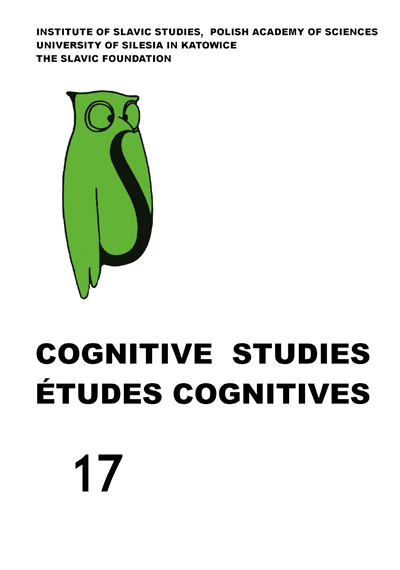An approach to the translation of deontic modality in legal texts. The case of the Polish and English versions of the Charter of Fundamental Rights of the European Union
An approach to the translation of deontic modality in legal texts. The case of the Polish and English versions of the Charter of Fundamental Rights of the European Union
Author(s): Maciej Paweł Jaskot, Agnieszka WiltosSubject(s): Language studies, Comparative Linguistics, EU-Approach / EU-Accession / EU-Development, Translation Studies
Published by: Instytut Slawistyki Polskiej Akademii Nauk
Keywords: deontic modality; confrontation of languages; legal multilingualism; legal translation; modal functor; European Union; Charter of Fundamental Rights of the European Union;
Summary/Abstract: The co-existence of twenty-four legal languages in the European Union is guaranteed by the basic principles of EU language policy, stated in its founding treaty. Indeed, every EU citizen has the right to communicate with the EU in the official language of their choice, and to receive a reply in the same language. Such a situation is reflected in legal multilingualism, which presents challenges for both linguists and translators.One of these challenges is the translation of deontic modality. This article focuses on how deontic modality is expressed in the Polish and English versions of the Charter of Fundamental Rights of the European Union. The form and usage of modal forms which express deontic possibility (i.e. permission) and deontic necessity (i.e. obligation) are highlighted, as well as the similarities and differences between the two parallel texts. The differences between the modal forms in the two versions of the text have consequences regarding the degree of both the subject’s and addressee’s commitment to norms and regulations.This article aspires to contribute to the study of deontic modal language, which is considered to be one of the central linguistic phenomena most in need of explanation.
Journal: Cognitive Studies | Études cognitives
- Issue Year: 2017
- Issue No: 17
- Page Range: 1-13
- Page Count: 13
- Language: English

